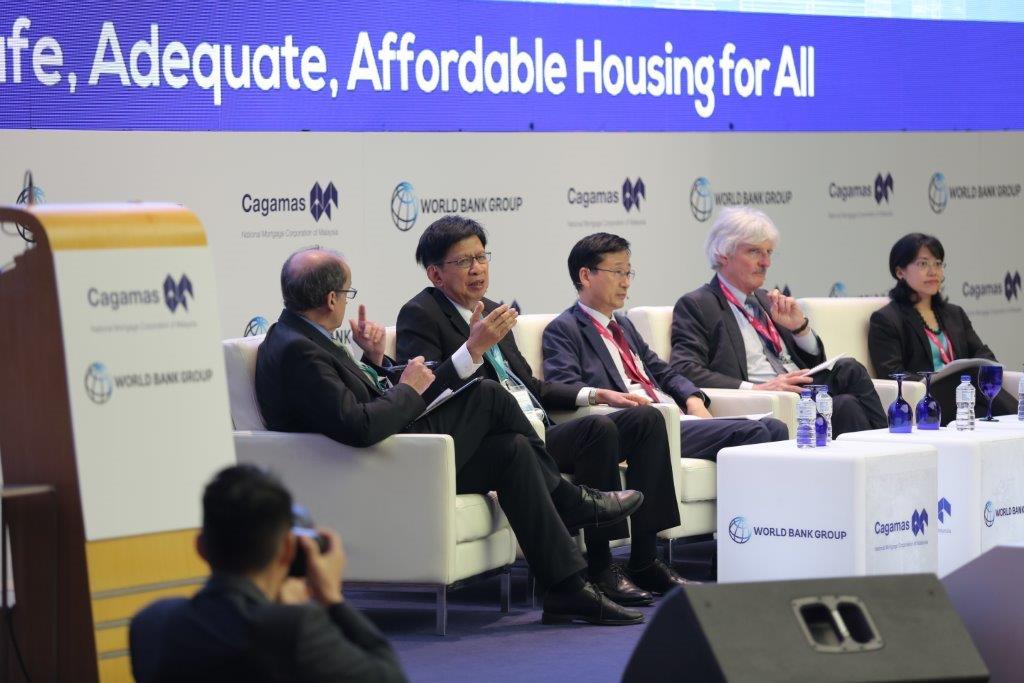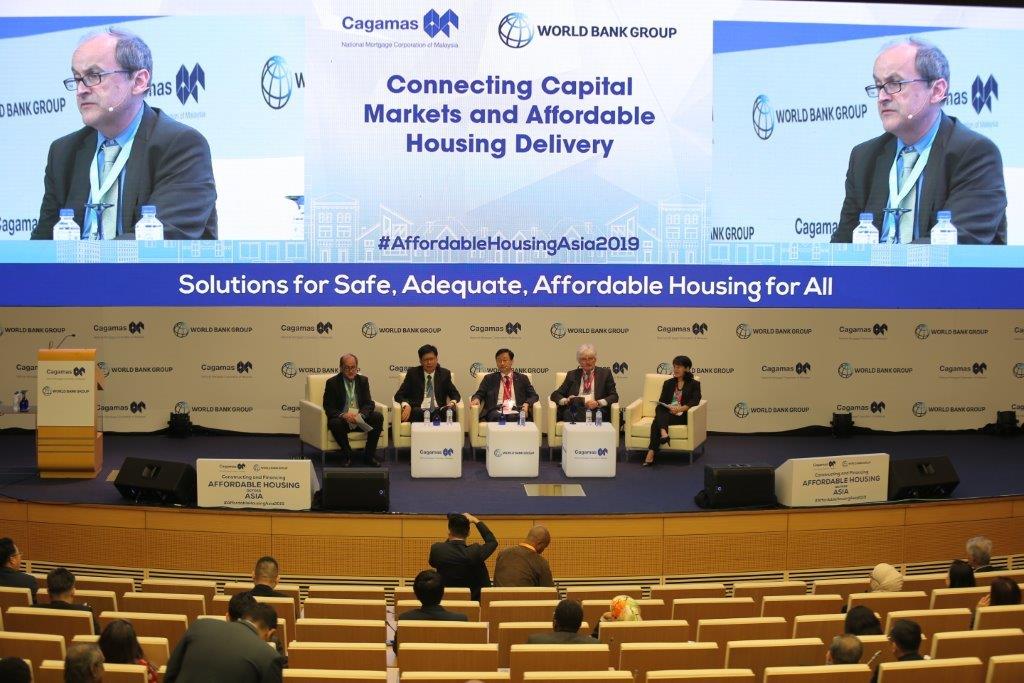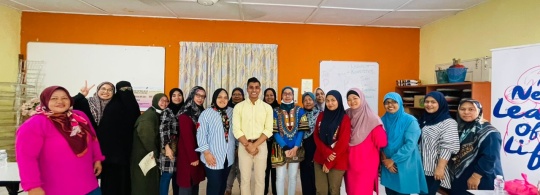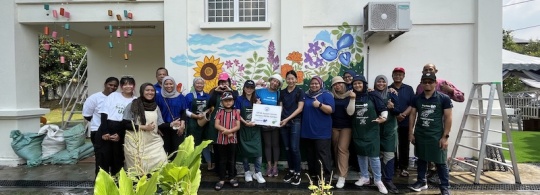

(Session IV – Cagamas & World Bank Group “Affordable Housing across Asia” conference, 2 April 2019)
In the post global financial crisis (GFC) world, housing has proved to be an attractive investment market. The problem, however, is that most of the funds utilised go to the middle- and high-end tiers, not affordable housing. Why?
According to Datuk Chung Chee Leong, Chairman of ISMMA and the CEO of Cagamas Berhad, this is because there is a mismatch between the expected returns of investors, and the yields available in the affordable housing sector. For example, rental yields in Malaysia today, especially for houses below the RM 500,000 price range, is between 2 and 3 percent. The expected return of the investors in the capital market, however, is typically between 4 and 5 percent, or even more.
To overcome this mismatch, Datuk Chung suggests packaging a portfolio of affordable housing properties into an asset trust under the Security Commission’s Sustainability Responsible Investment (SRI) framework.
This could then be marketed as an SRI bond or SRI sukuk to investors who aren’t solely looking at returns, but to socially responsible investments, as well.
Another method is to offer affordable fixed rate mortgages, which protects borrowers from market fluctuations. In order for this to happen, Olivier Hassler, the Non-Executive Chairman of CRH France, feels that there must be good financial regulation, which limits the risks commercial banks take. A relatively deep interest rate swap market is also essential to allow commercial banks to fund mortgage lending with their deposits, like many banks do in Europe.
One country in Asia that has successfully developed a fixed rate mortgage market is Korea. According to Junghwan Lee, the Chairman and CEO of the Korea Housing Finance Corporation (KHFC), Korean households were heavily indebted after the 2008 GFC.
Therefore, the government set up a debt conversion programme to alleviate household risk from exposure to interest rate fluctuations. This resulted in approximately 327,000 households (nearly USD 32 billion) converting from floating rate to fixed rate mortgages, accounting for some 48 percent of all Mortgage Backed Securities in Korea. An upshot of this undertaking was that Moody’s upgraded KHFC’s rating from AA3 to AA2.
Siew Suet Ming, Head of Structured Finance Ratings at RAM Rating Malaysia, believes that there is an opportunity for emerging markets to create and find bespoke financial solutions to meet the affordable housing challenge.
She highlighted a recent case where her organisation capitalised on Malaysia’s strong domestic regulations on housing development to allow some developers to monetise passive assets on their balance sheets to free up working capital. This, in turn, allowed them to access cheap funding from the capital market, as opposed to direct bank funding.






